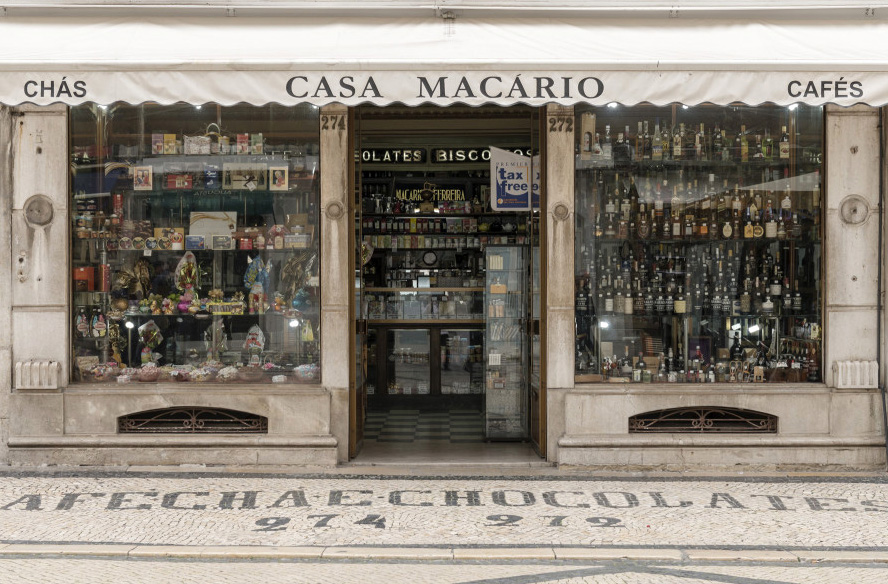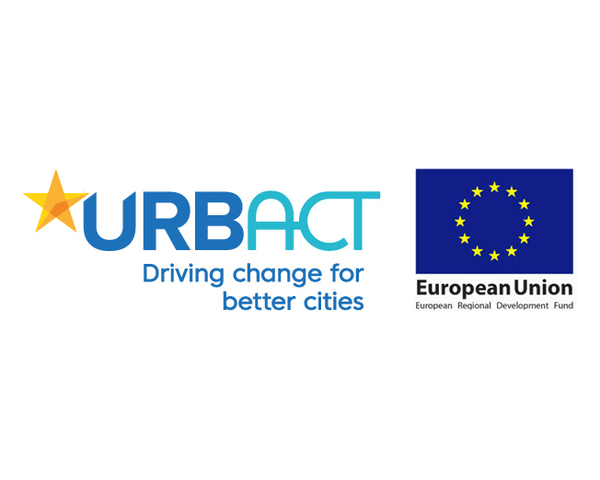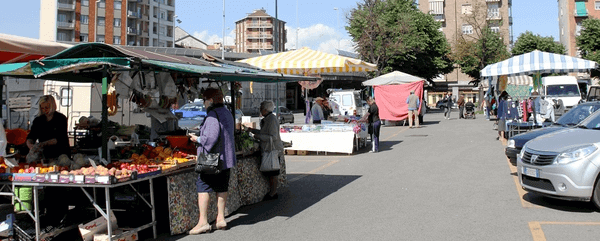City
Lisbon
Main actors
City Government, other
Project area
Inner City
Duration
Ongoing since 2015
A municipal programme supporting shops whose historical and cultural heritage contribute to the city’s identity.
Throughout history, commerce has played a significant role in the birth and development of cities. The city of Lisbon developed the programme Loja com História, “Shops with a History”, to recognise commerce as a distinctive element of the city.
The Shops with a History label is awarded to shops including retail, services, restaurants and cafes that help foster the city's identity and play a role in preserving its historical and cultural heritage. The municipality's goal is also to promote local shops, mainly in the historic town centre, as part of Lisbon's rehabilitation strategy for revitalising the city's economic and social fabric. To achieve this, a municipal fund has been created to support the selected shops.
In July 2016, a multi-disciplinary team following predefined selection criteria, selected 63 shops to take part in the programme and in March 2017 a further 19 shops were selected.
URBACT Good Practice Label
This project was awarded the 'URBACT Good Practice Label' in 2017.
Categories
External links / documents
On Map
The Map will be displayed after accepting cookie policy




